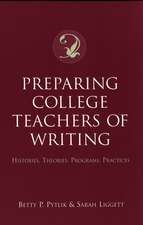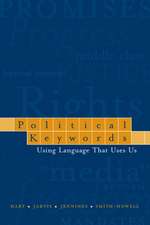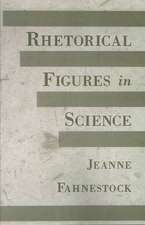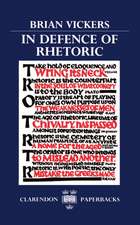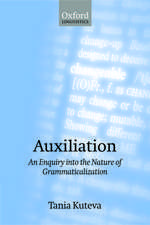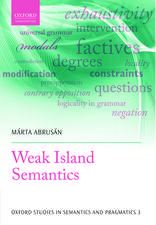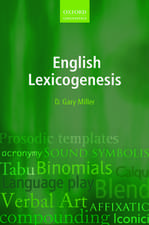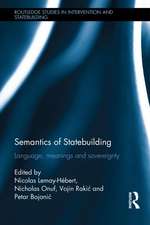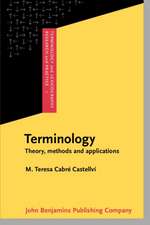Minimal Semantics
Autor Emma Borgen Limba Engleză Paperback – 30 noi 2006
| Toate formatele și edițiile | Preț | Express |
|---|---|---|
| Paperback (1) | 274.04 lei 31-37 zile | |
| OUP OXFORD – 30 noi 2006 | 274.04 lei 31-37 zile | |
| Hardback (1) | 716.22 lei 31-37 zile | |
| OUP OXFORD – 8 iul 2004 | 716.22 lei 31-37 zile |
Preț: 274.04 lei
Preț vechi: 340.37 lei
-19% Nou
Puncte Express: 411
Preț estimativ în valută:
52.44€ • 54.89$ • 43.64£
52.44€ • 54.89$ • 43.64£
Carte tipărită la comandă
Livrare economică 19-25 martie
Preluare comenzi: 021 569.72.76
Specificații
ISBN-13: 9780199206926
ISBN-10: 0199206929
Pagini: 304
Dimensiuni: 150 x 230 x 20 mm
Greutate: 0.43 kg
Editura: OUP OXFORD
Colecția OUP Oxford
Locul publicării:Oxford, United Kingdom
ISBN-10: 0199206929
Pagini: 304
Dimensiuni: 150 x 230 x 20 mm
Greutate: 0.43 kg
Editura: OUP OXFORD
Colecția OUP Oxford
Locul publicării:Oxford, United Kingdom
Recenzii
Borg's engaging and accessible book explicates and defends a position with regard to a lively debate taking place among contemporary analytical philosophers of language.





